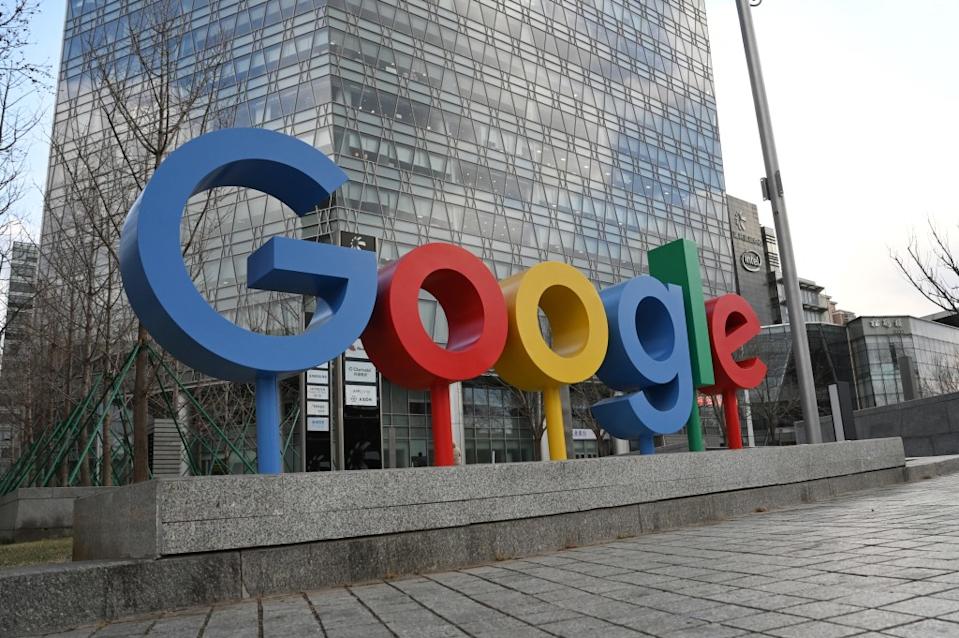DOJ Claims Google May Leverage AI to Reinforce Search Dominance

Alphabet’s Google is facing significant scrutiny as a historic antitrust trial commenced on Monday, with the U.S. Department of Justice (DOJ) arguing for stringent measures to curb the tech giant’s dominance in online search. The case could potentially alter the landscape of the internet, challenging Google’s status as the primary source for information. The DOJ is advocating for remedies that include the sale of Google’s Chrome browser and other actions to dismantle what has been deemed a monopoly in the search market.
Government’s Stance on Google’s Monopoly
During the opening statements, DOJ attorney David Dahlquist emphasized the necessity of imposing strong measures on Google to ensure compliance with antitrust laws. He stated that the current trial serves as a warning to Google and other monopolistic entities that there will be consequences for violating these laws. The DOJ, alongside a coalition of state attorneys general, is pushing for solutions that not only address the existing market dynamics but also consider the future implications of emerging technologies like generative AI. Dahlquist pointed out that Google’s monopoly in search significantly enhances its AI products, which in turn funnel users back to its search engine.
The trial has revealed that Google has entered into a lucrative agreement with Samsung to install its Gemini AI app on various devices, including smartphones, with the deal potentially extending until 2028. While the financial specifics of this arrangement remain undisclosed, Dahlquist described the monthly payments as substantial. This agreement, along with Google’s exclusive partnerships with device manufacturers, has been cited as a key factor in maintaining its dominant position in the search market.
Proposed Remedies and Google’s Response
The DOJ’s proposed remedies aim to dismantle Google’s exclusive agreements with device makers, which currently designate Google as the default search engine. This includes a call for Google to license its search results to competitors. In a more drastic measure, the DOJ has suggested that if these remedies do not restore competition, Google may be required to sell its Android operating system. Google, however, contends that these proposals are excessive and would hinder innovation. The company argues that the focus should be on making its default agreements non-exclusive rather than dismantling its business model.
Google’s legal team has characterized the DOJ’s proposals as a “wishlist” for competitors seeking to benefit from Google’s innovations without having to compete effectively. The company asserts that its AI products should not be included in the scope of this case, which primarily addresses search engines. Google executive Lee-Anne Mulholland has expressed concerns that implementing the proposed remedies would stifle American innovation at a critical time for the tech industry.
Broader Implications of the Case
This antitrust case is part of a broader crackdown on Big Tech that began during the Trump administration and continues under President Biden. The DOJ’s commitment to pursuing nonpartisan remedies has been underscored by the presence of Assistant Attorney General Gail Slater and other officials in the courtroom. Dahlquist highlighted that the case has garnered support from both past and present administrations, reinforcing its significance in the ongoing battle against monopolistic practices in the tech sector.
The trial’s outcome could have far-reaching implications not only for Google but also for other major tech companies. Meta Platforms is currently facing its own antitrust trial related to its acquisitions of Instagram and WhatsApp. As the legal proceedings unfold, the tech industry is closely monitoring the developments, which could set precedents for future antitrust actions.
Next Steps in the Trial
As the trial progresses, key figures from the tech industry are expected to testify. Notably, Nick Turley, OpenAI’s product head for the competing AI app ChatGPT, is slated to take the stand. The testimonies and evidence presented in court will play a crucial role in shaping the final judgment. Google has indicated its intention to appeal any unfavorable ruling once a decision is reached. The outcome of this case will not only impact Google’s operations but could also redefine the competitive landscape of online search and artificial intelligence in the years to come.
Observer Voice is the one stop site for National, International news, Sports, Editor’s Choice, Art/culture contents, Quotes and much more. We also cover historical contents. Historical contents includes World History, Indian History, and what happened today. The website also covers Entertainment across the India and World.

